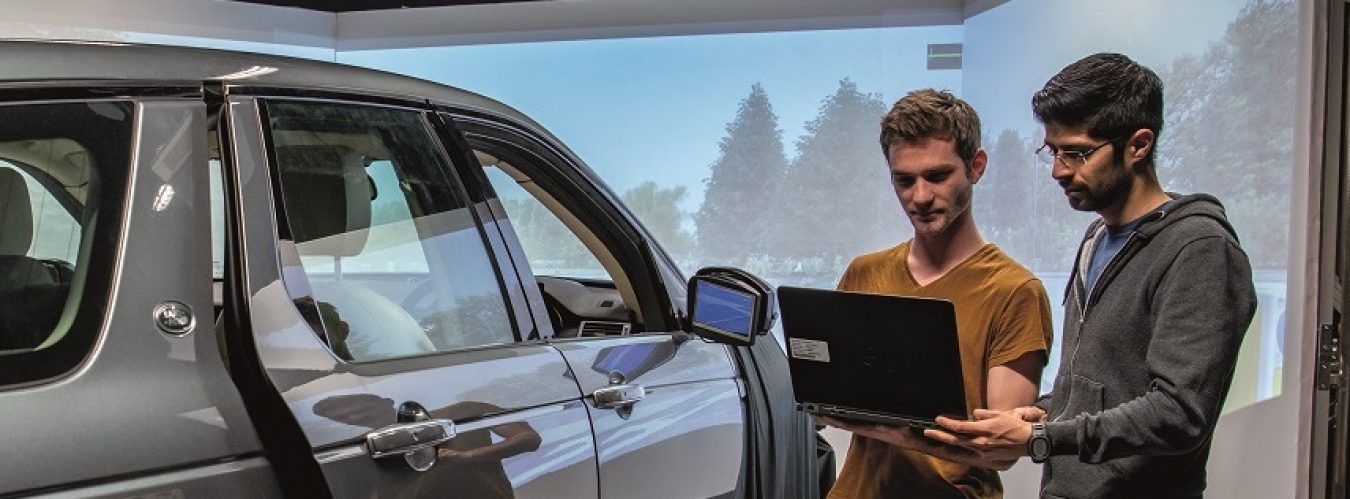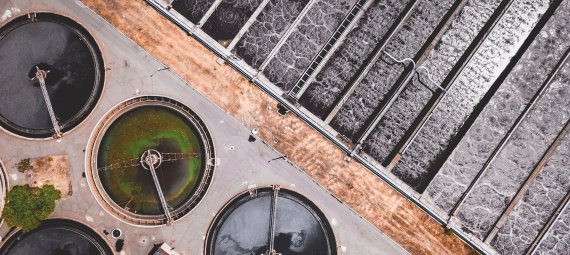Postgraduate Researcher: Jack Morton
Supervisor: Dr Yongqiang Liu
Research Group: Environmental Engineering
Project Description
To achieve sustainable wastewater treatment in the context of circular economy, various technologies have been studied to harness resources in wastewater such as anaerobic digestion for energy recovery, struvite crystallisation for nutrient recovery and reverse membrane for water recovery to reduce environment impact of wastewater treatment. The highly diluted nature of municipal wastewater, however, makes these technologies unfeasible or too costly. Forward osmosis (FO) membrane filtration driven by osmotic pressure has attracted intense attention recently because of its potential for wastewater preconcentration to allow direct use of the above-mentioned technologies for simultaneous water purification and resource recovery. Thus, a promising prospect of forward osmosis filtration as a key unit to design next-generation wastewater treatment plants can be expected due to its smaller footprint, more flexible operation, lower membrane fouling propensity and lower energy consumption if the draw solution is well selected and the process is well designed.
Most studies, however, focus on a single or a few model chemicals to investigate FO membrane filtration. Studies on wastewater, and interactive relationships between the chemistry of wastewater and the draw solution, and their effects on flux, membrane fouling and cleaning, pollutant rejection etc, are lacking, which makes the real-world application of FO membrane for wastewater treatment challenging. This PhD project is dedicated to this issue, with the ultimate goal to allow energy, nutrient and water recovery from municipal wastewater cost-effective and sustainable.

